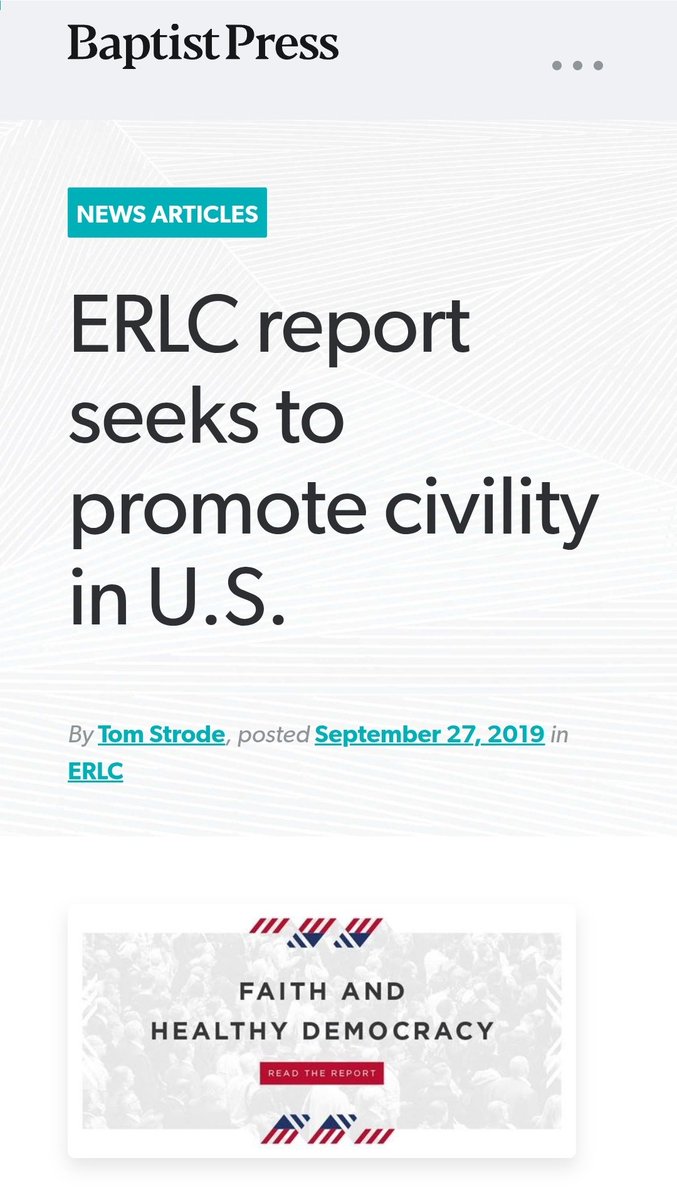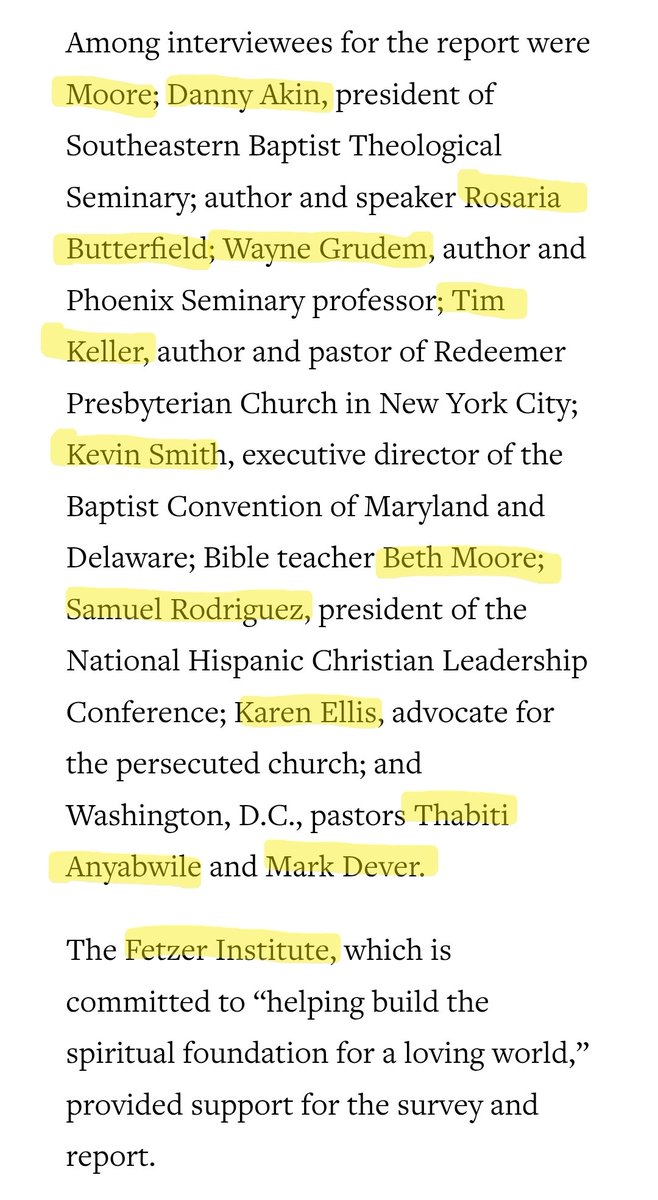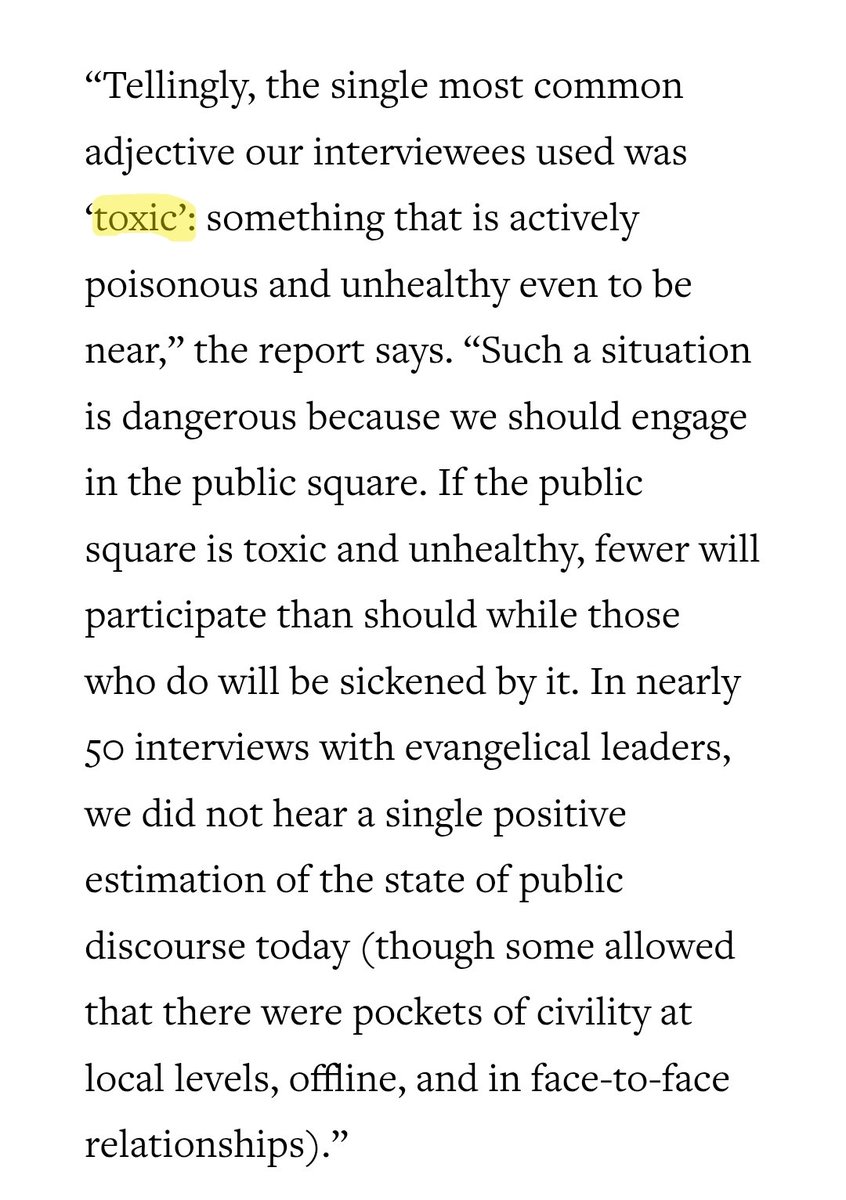Communists are completely wrong about the most fundamental aspects of capitalism. They argue that capitalism works off (and creates/maintains) scarcity, but it actually works from and maintains surplus. As usual, it's exactly the opposite, a complete inversion. 🧵
The essence of capitalism is that one (an individual) can accrue and use one's capital as one will, including to increase one's capital. Capitalism intrinsically and practically creates value as a result, and the mechanism by which it does so is not scarcity but surplus.
At bottom, capitalism produces value by allowing an individual to produce whatever he wants with what he has and, if he wants, to sell it to another individual. This process intrinsically creates value. It doesn't move value around or redistribute value. It creates value.
The way capitalism creates value is by creating conditions under which one individual is incentivized to produce something that he can sell for a profit. What that means is that he produces something that is of some value to him and greater value to someone else.
The idea in capitalism is that you can make something that you have less need or desire for than someone else in the market, and that person will part with some form of payment (barter or money) to obtain it. You get something you value more as do they in voluntary exchange.
A voluntary exchange between two free people can only take place if both perceive there's some advantage for them to engage in that exchange, so each one leaves the exchange believing they have increased the net value to their lives, needs, and wants through the exchange.
While value and perceived value are not identical, all value is ultimately based on perceived value: it's what people think something is worth based on how much utility or joy it can bring them compared against the difficulty of getting it (supply and demand).
Without getting into the weeds of the economics, what this means is the voluntary exchange basis of capitalism, which utterly depends upon the freedom and property rights of the individuals involved, creates value. Value that didn't exist comes into existence for both.
This whole process only works on a principle of surplus, though, not scarcity. Scarcity is related to supply and demand, thus perceived value, but value creation is related to surplus. This is extremely important to understand because it explains why capitalism produces.
If you are the one producing something, you will not easily part with it if you need it, if you want it, or if it has some sentimental value to you. You could sell it for a great enough sum, in principle, but you'll rightly prioritize yourself over a potential buyer.
If you are good at producing something, though, you'll produce more of that thing than you need, in which case you're incentivized to sell it (law of comparative advantage applies here). It has value but not as much to you as it does to someone who can't produce it!
You are therefore incentivized to produce more than you need of something that you are good at producing because then you can profit under capitalism, and in the process of profiting you are also creating value through the mechanism of voluntary exchange.
Capitalism therefore incentivizes and operates upon a principle of surplus, not scarcity, and scarcity is merely its inverse, which is utilized to (a) determine prices and (b) protect the fundamental mechanisms of voluntary exchange (the market) itself.
The market depends upon a form of scarcity that's the kind Communists not only oppose but see as the fundamental Sin at the heart of the Fall of Man: the fundamental right to exclude under private property rights. That is, it's a form of legal scarcity that markets depend on.
Because this scarcity is a legal artifact of property rights being protected, Communists are able to manipulate people into believing that capitalists rig the system itself so they can maintain property rights to exclude people and thus produce scarcity for profit.
The fact is, though, the market itself depends on the concept of private property, including the fundamental right to exclude, in order to enable the value creation process. Being able to guard a surplus outside of a voluntary trade or exchange turns the economic wheel.
Only under protected private property rights with the fundamental right to exclude do you have the conditions under which there's an incentive to produce a surplus and to sell it at a profit, which are the underlying foundations of abundance, prosperity, and wealth.
So capitalism operates on the principle of surplus through the mechanism of incentivized voluntary exchange, and this truly produces abundance (surplus) and creates wealth (value). It depends on a secured right to private property at the most fundamental levels, though.
• • •
Missing some Tweet in this thread? You can try to
force a refresh













